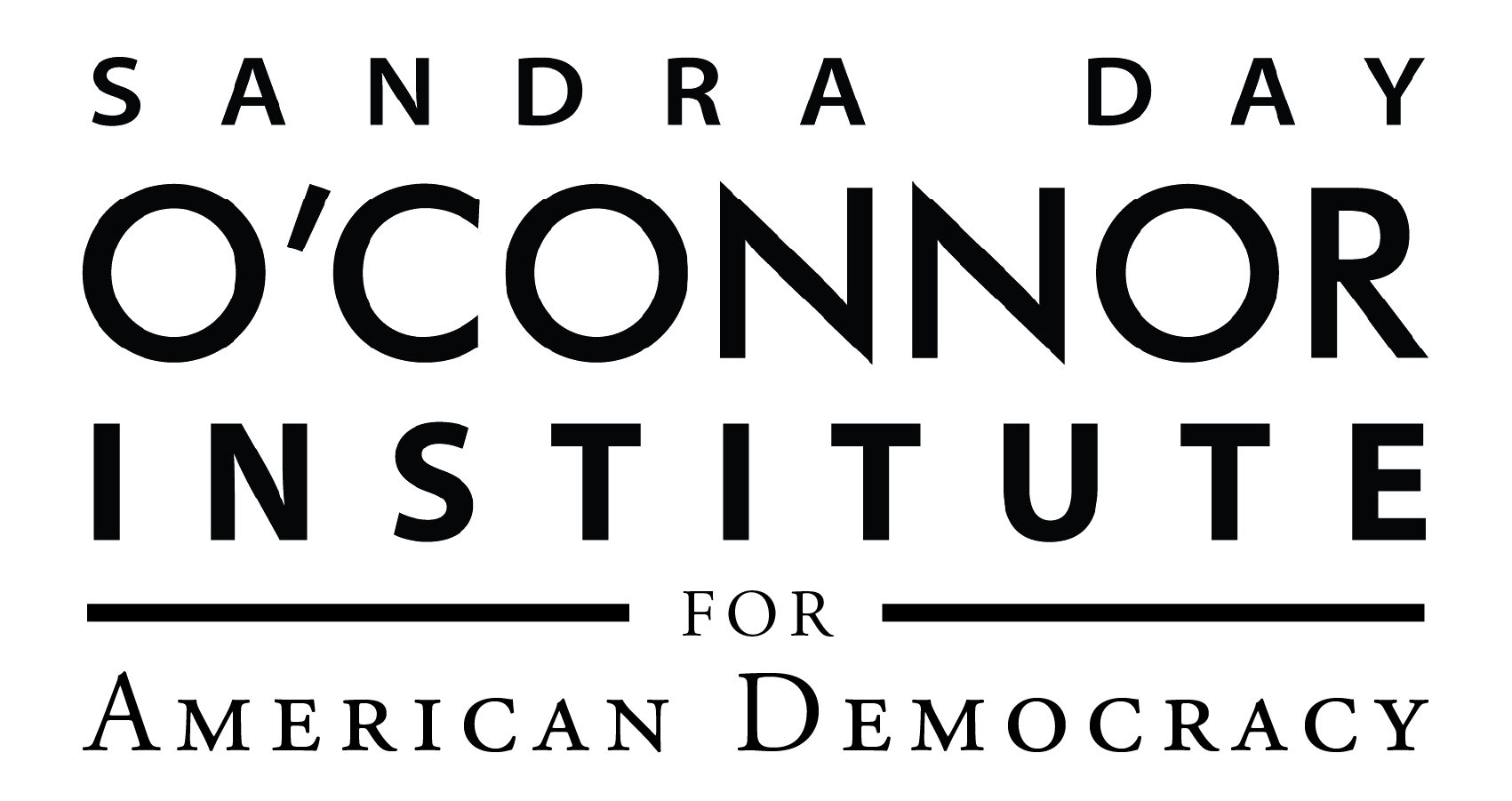House of Representatives Congressional Committees
The United States House of Representatives has several major committees that play important roles in the legislative process. Some of the major committees in the House of Representatives are:
- Committee on Ways and Means: This committee is responsible for legislation related to taxation, revenue, and other financial issues.
- Committee on Appropriations: This committee is responsible for developing and considering legislation related to federal government spending.
- Committee on Energy and Commerce: This committee is responsible for legislation related to energy, commerce, and public health.
- Committee on Foreign Affairs: This committee is responsible for legislation related to foreign policy, international relations, and diplomacy.
- Committee on Homeland Security: This committee is responsible for legislation related to national security, terrorism, and homeland security.
- Committee on Oversight and Reform: This committee is responsible for conducting investigations and oversight of the executive branch and other federal agencies.
- Committee on Education and Labor: This committee is responsible for legislation related to education, labor, and workforce development.
These committees have subcommittees that are responsible for more specific areas of focus within each committee’s jurisdiction.
Congressional committees play a significant role in the legislative process and have significant powers. Some of the powers of a congressional committee include:
- Investigation and Oversight: Congressional committees have the power to conduct investigations and hold hearings to examine the operations and activities of the federal government and its agencies, including executive branch departments and independent agencies. This allows committees to gather information, identify potential problems, and provide recommendations for reforms.
- Legislative Authority: Congressional committees have the authority to develop, consider, and report legislation related to their jurisdiction. This includes the power to hold hearings, take testimony from experts and witnesses, and mark up (amend) legislation. A committee-approved bill is then sent to the full House or Senate for consideration.
- Budgetary Authority: The Committee on Appropriations in the House and Senate has significant budgetary authority, as it is responsible for developing and considering legislation related to federal government spending. This committee has the power to determine the levels of funding for various federal programs and agencies.
In summary, congressional committees play a critical role in the legislative process and have significant powers, including the authority to conduct investigations and oversight, develop and consider legislation, determine budgetary levels, and review and approve presidential nominations.

